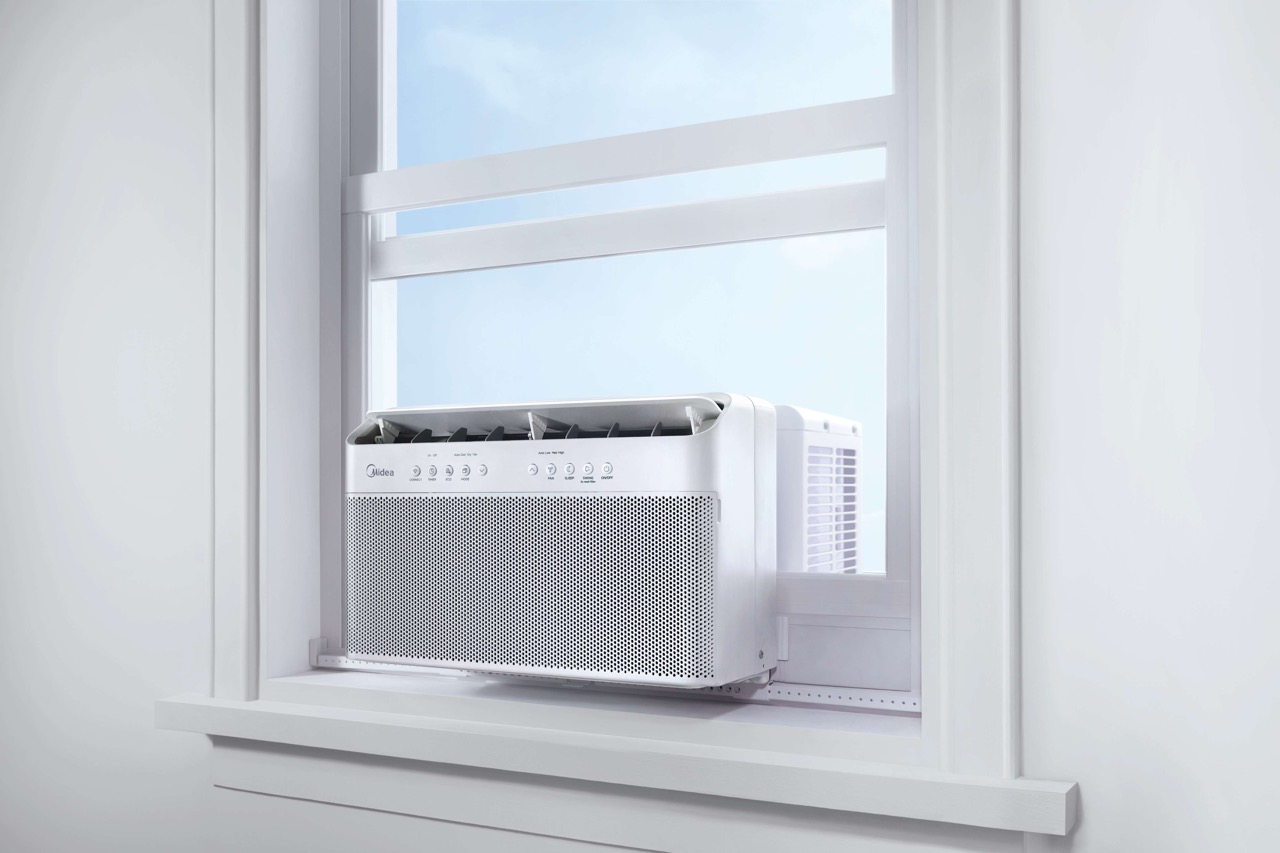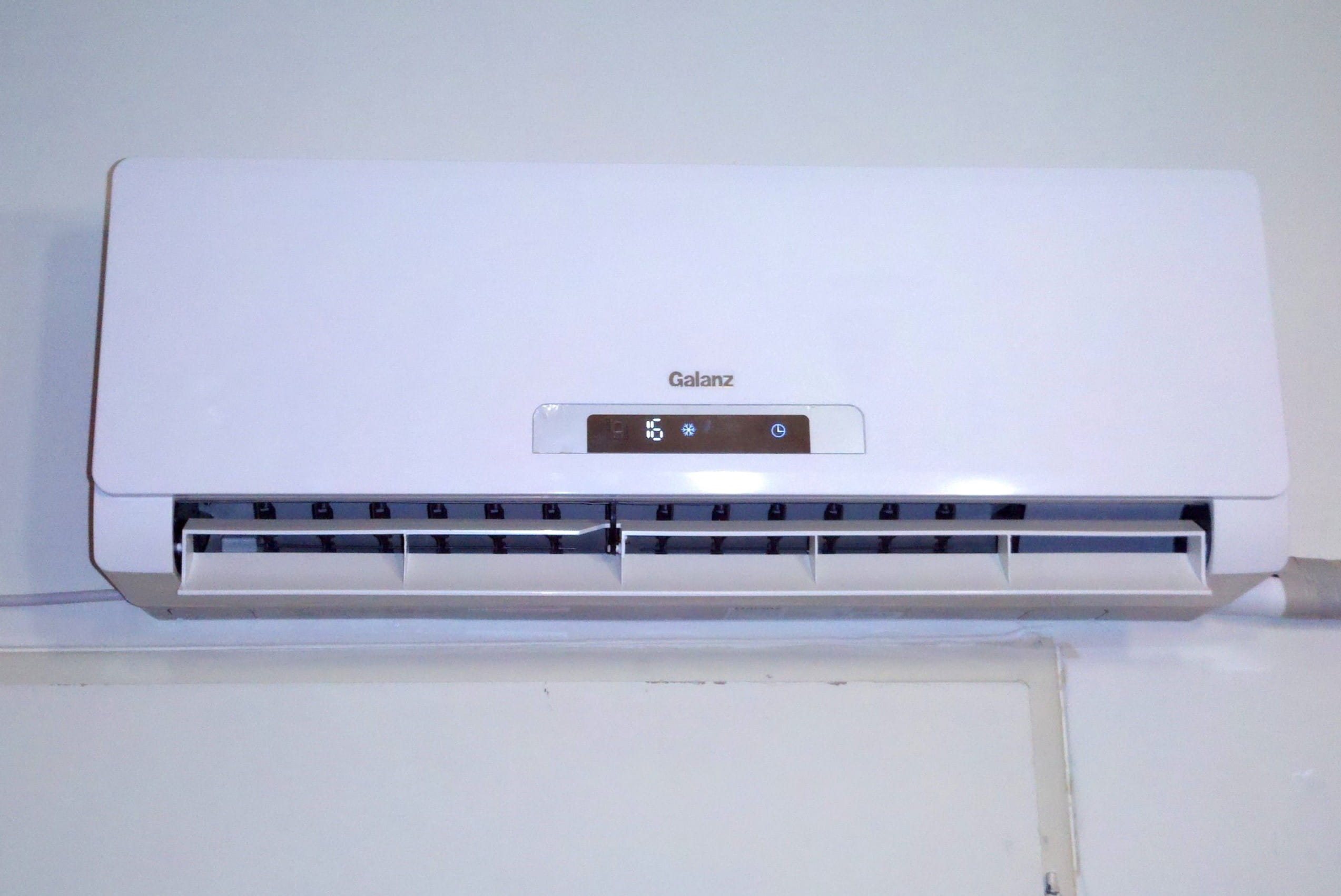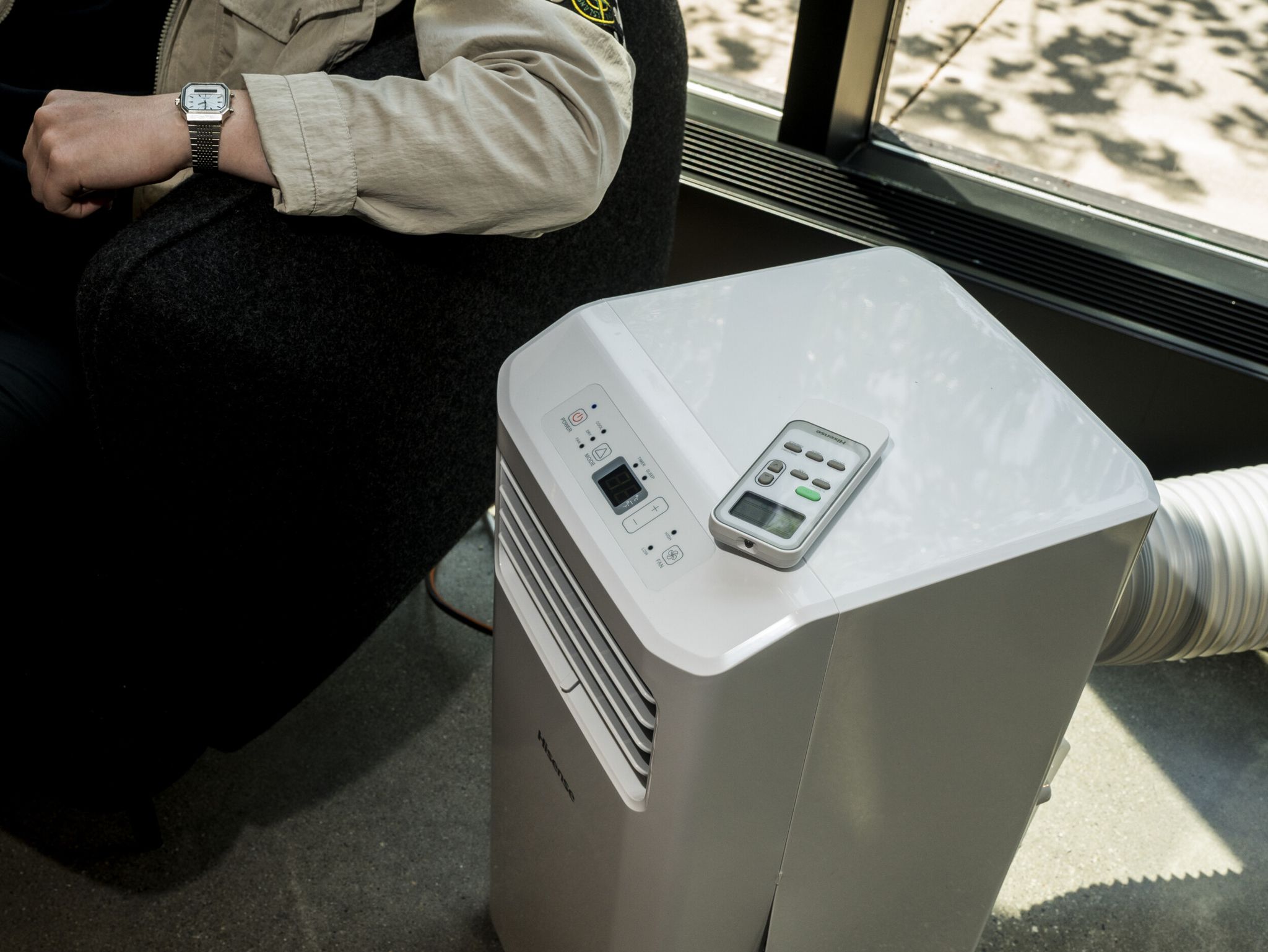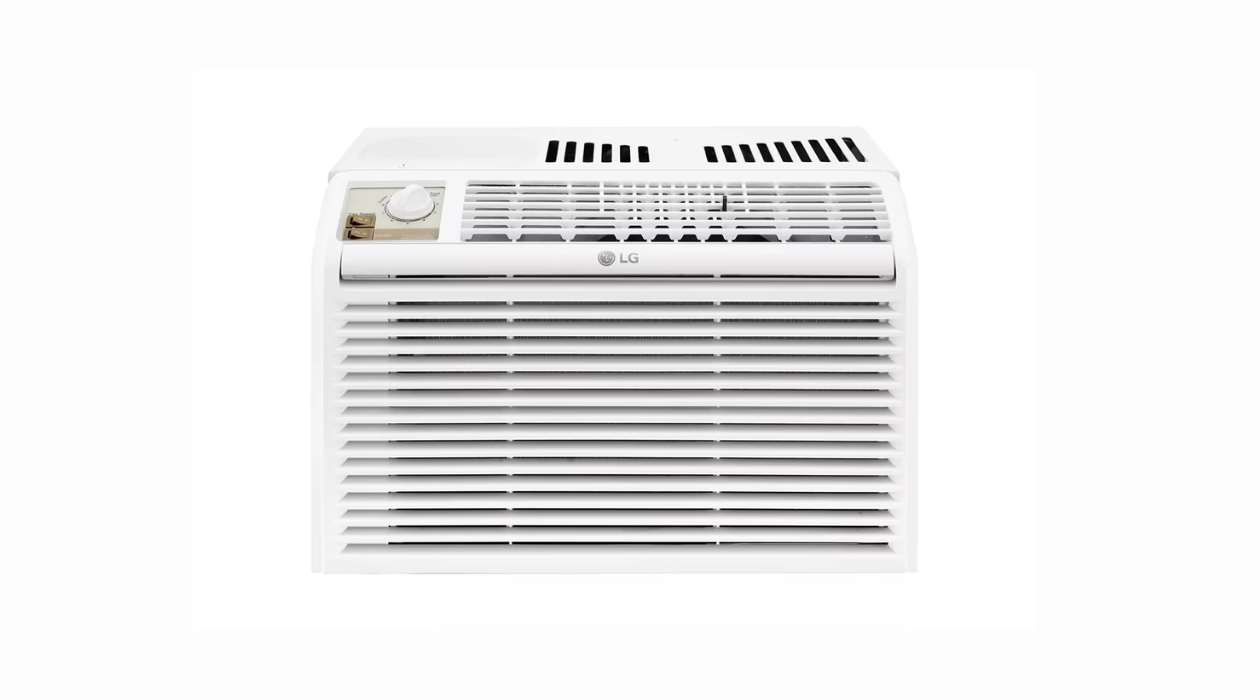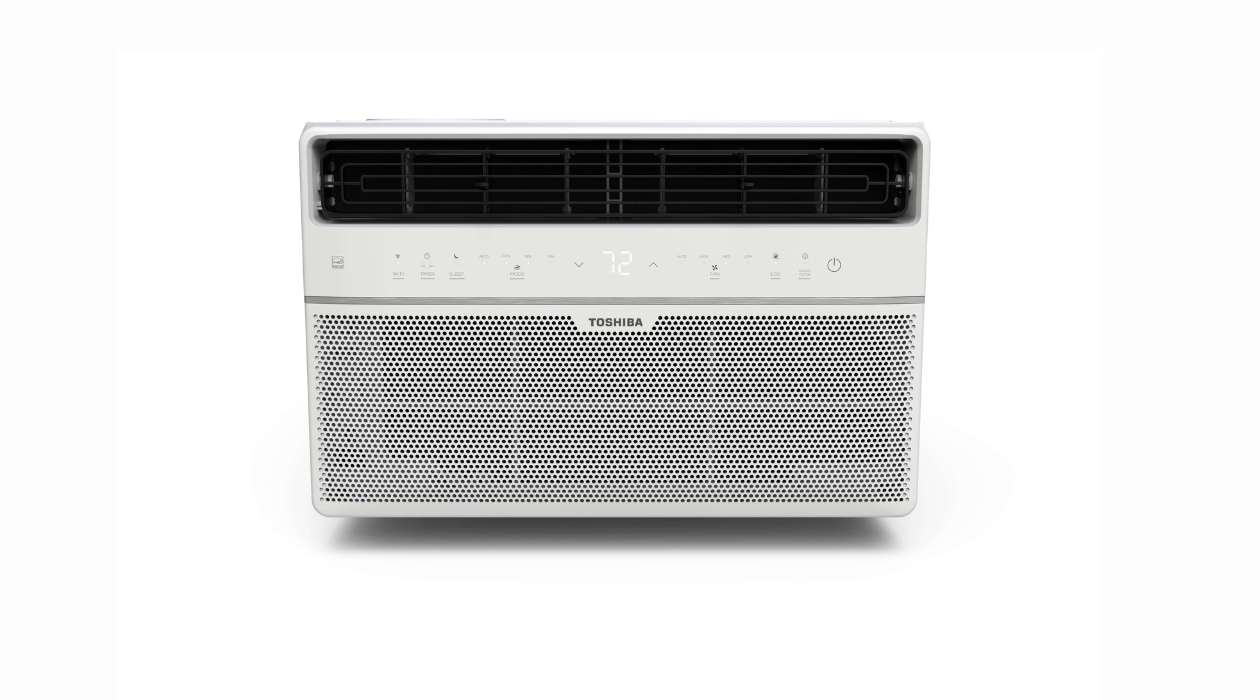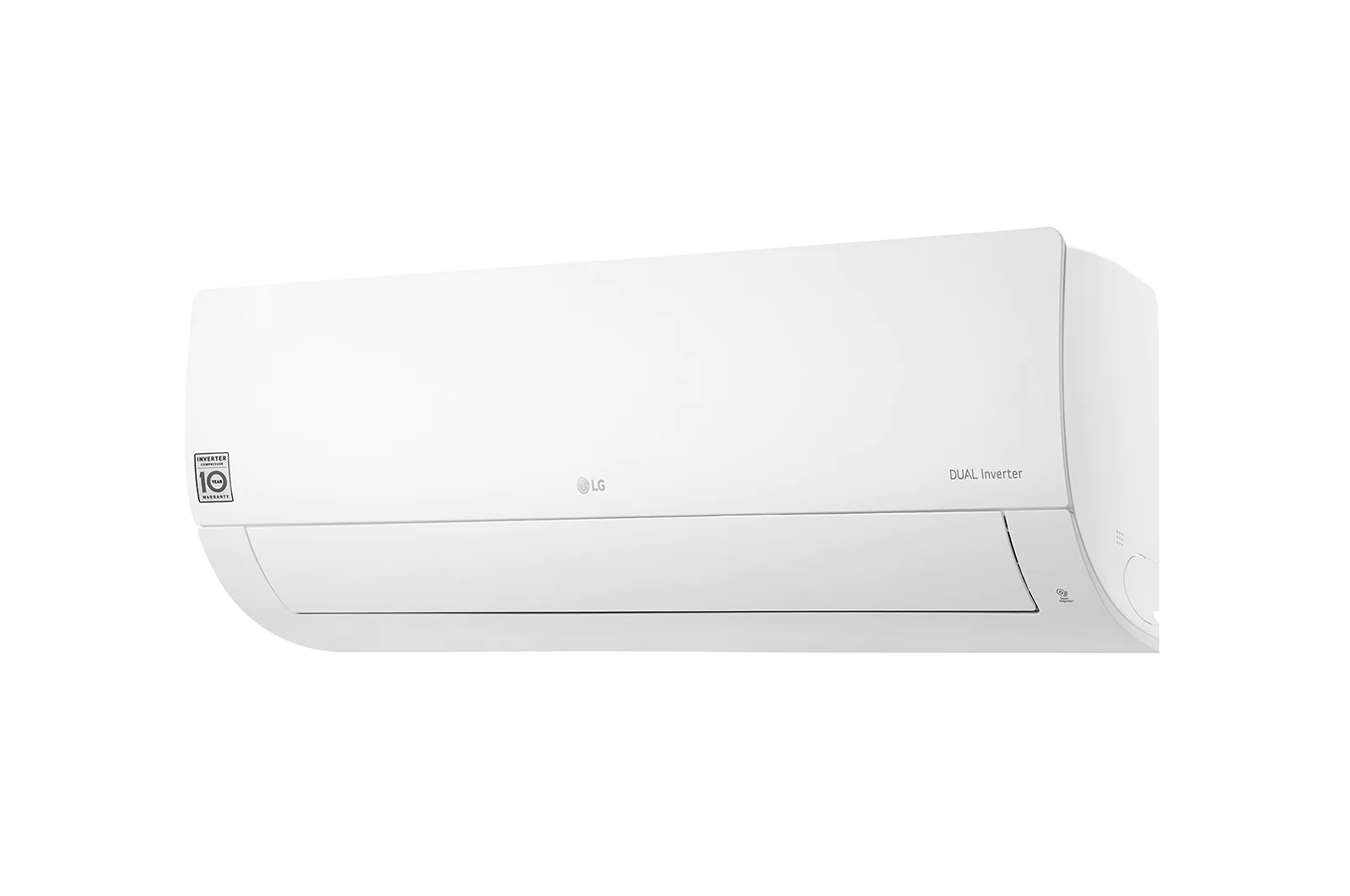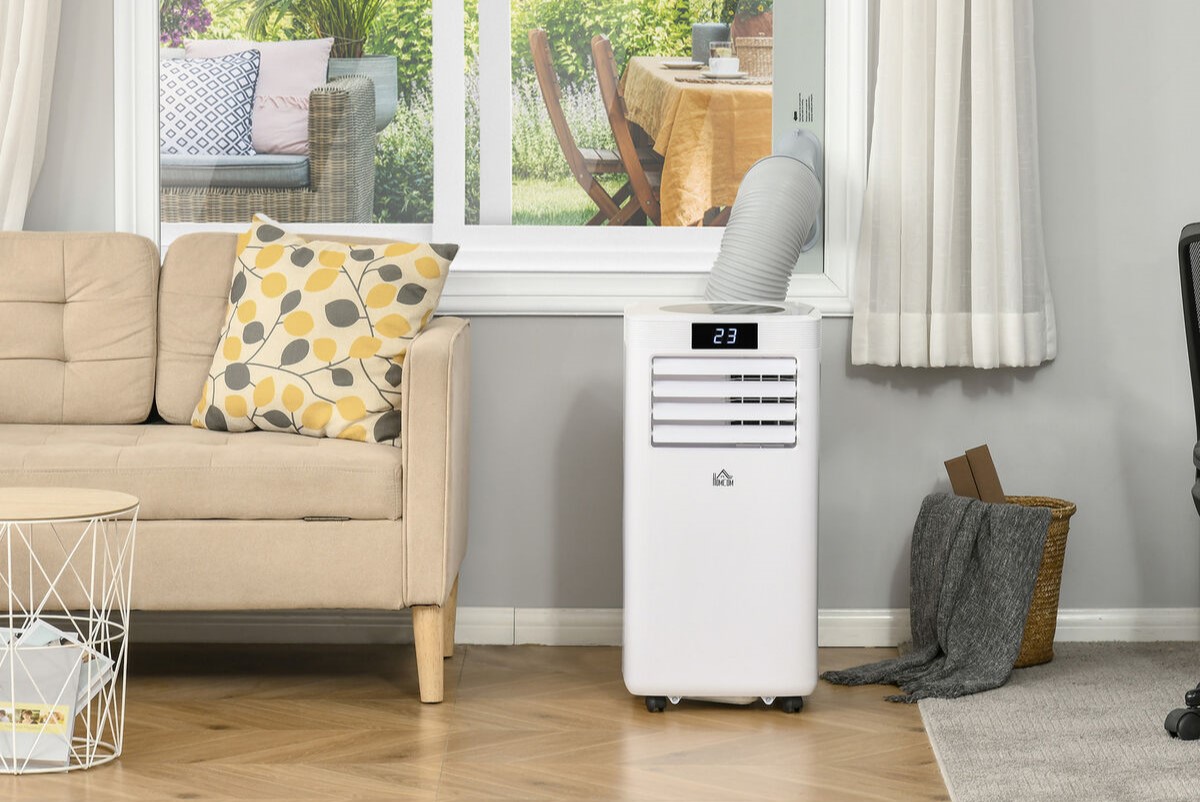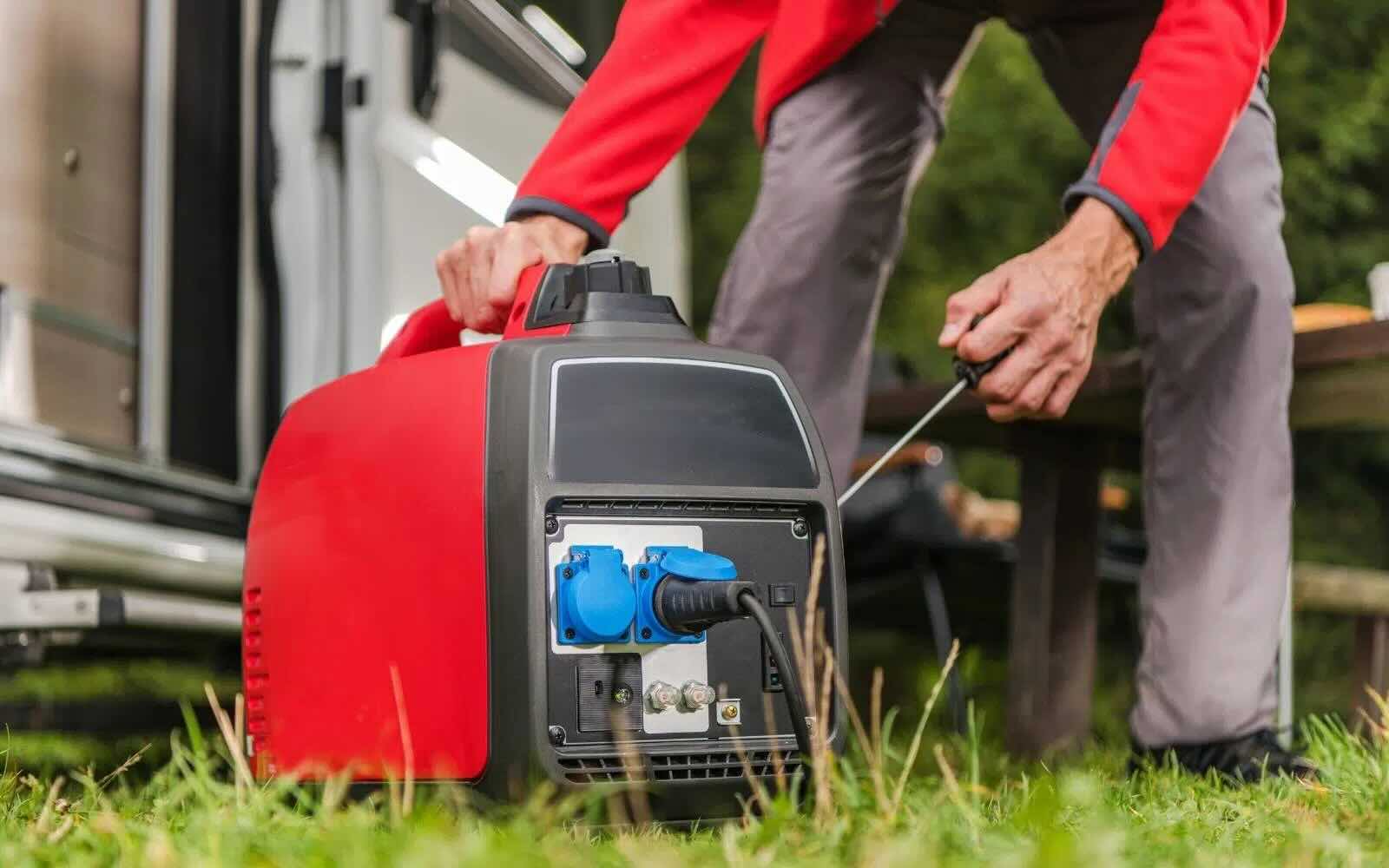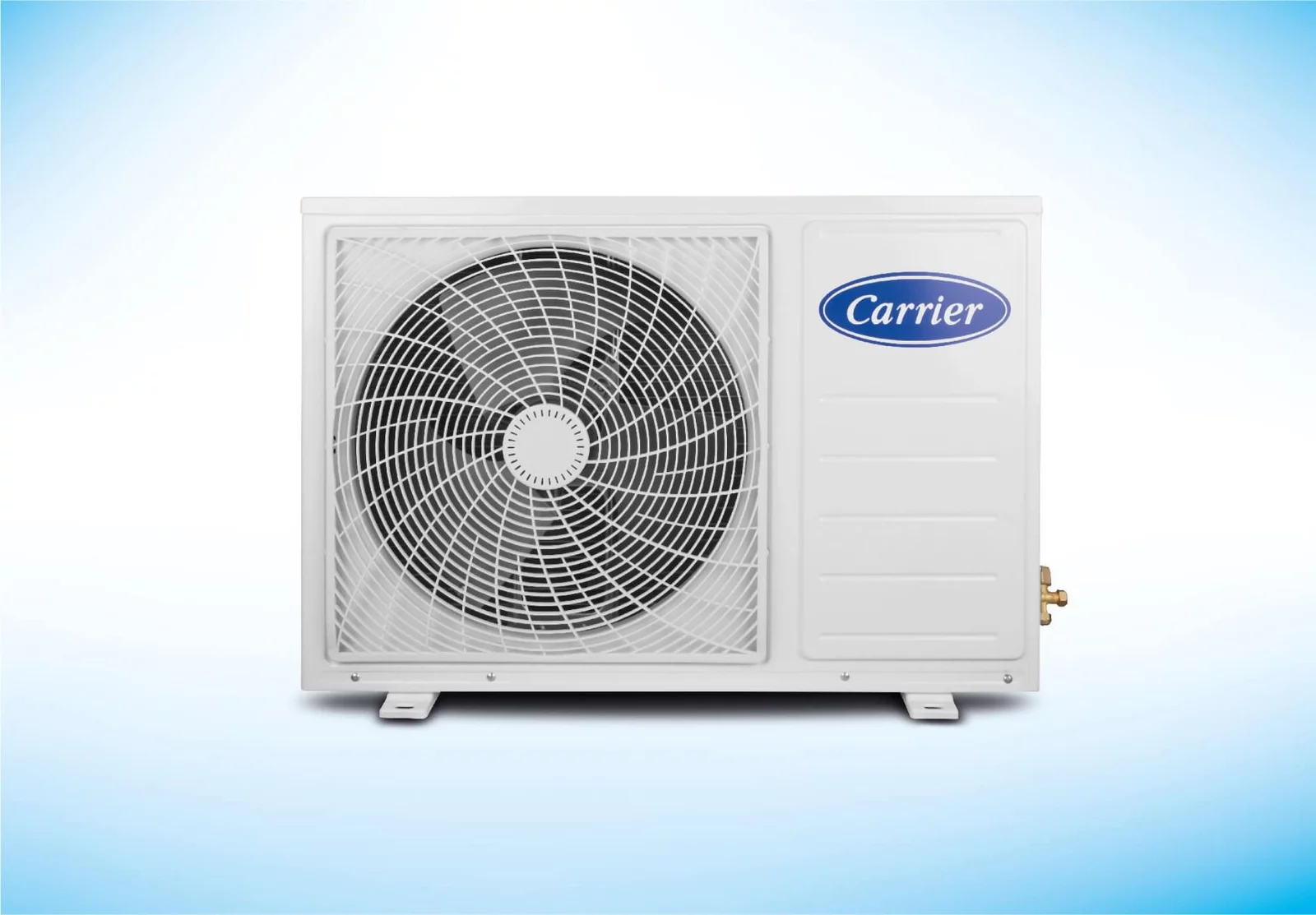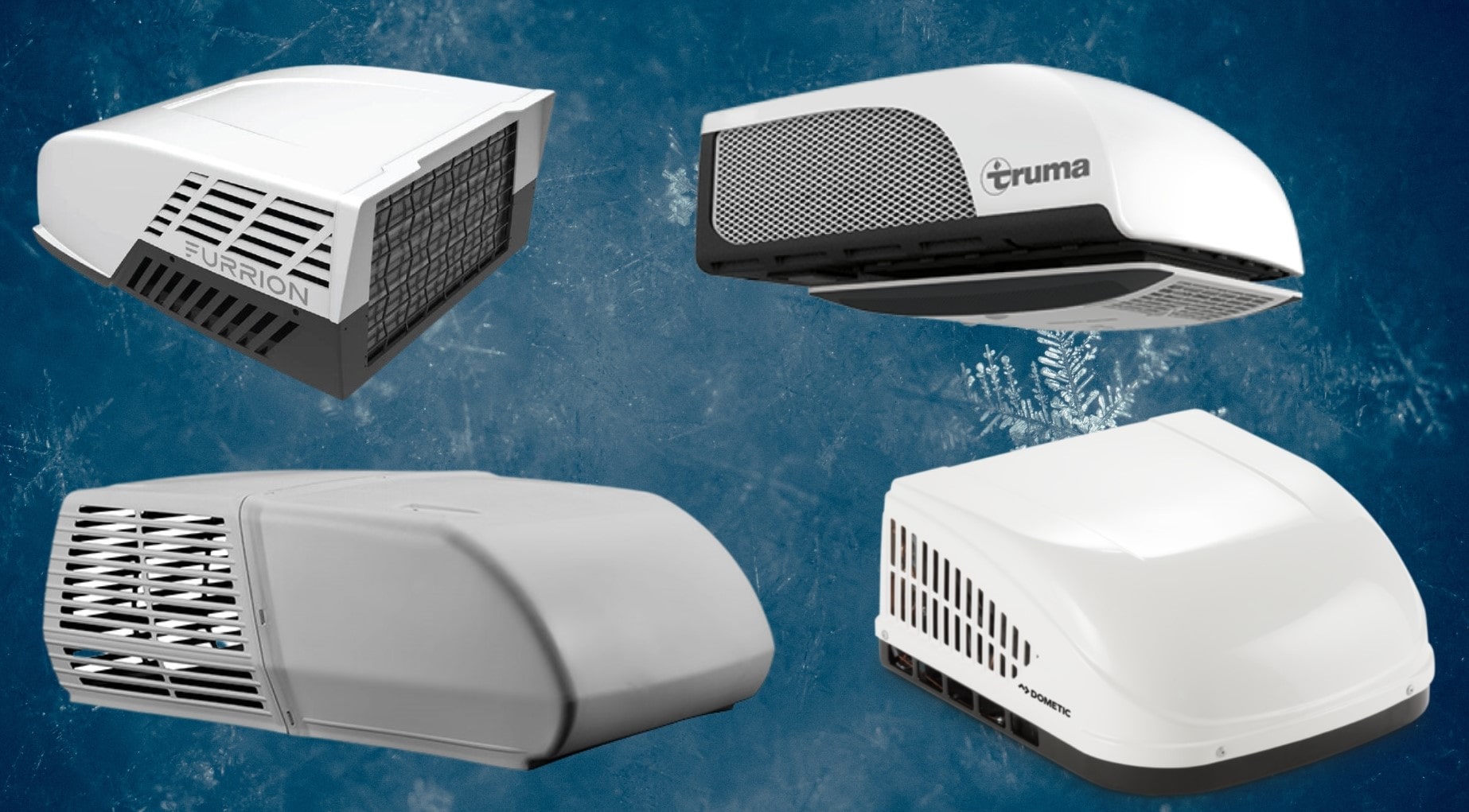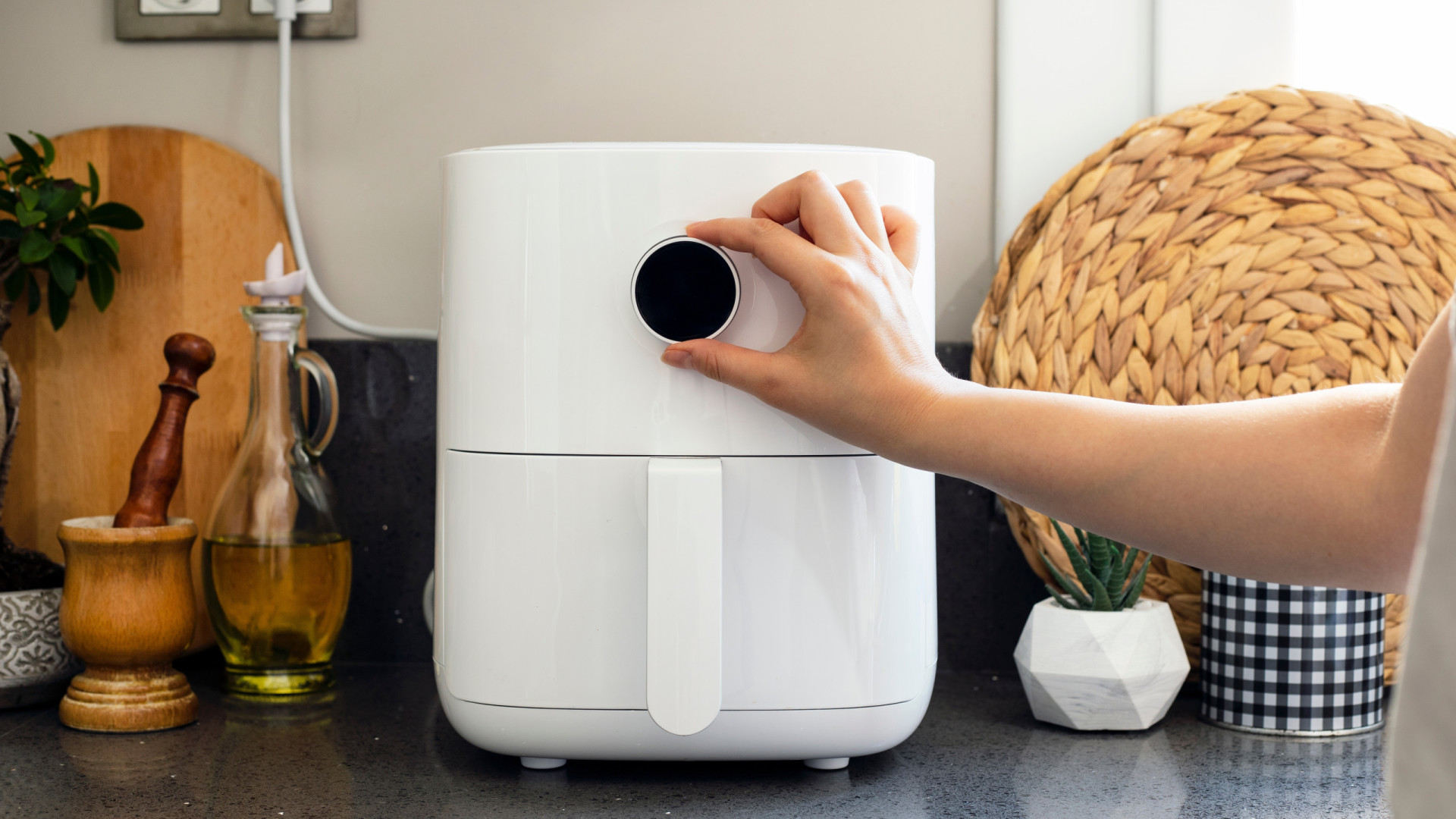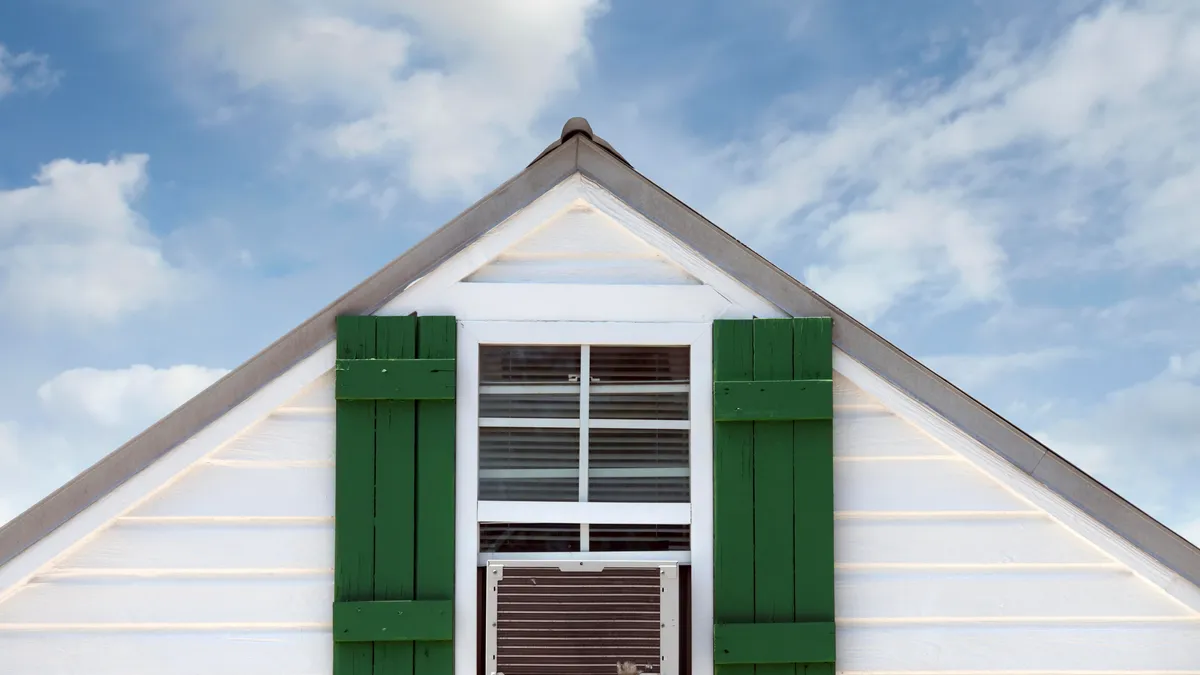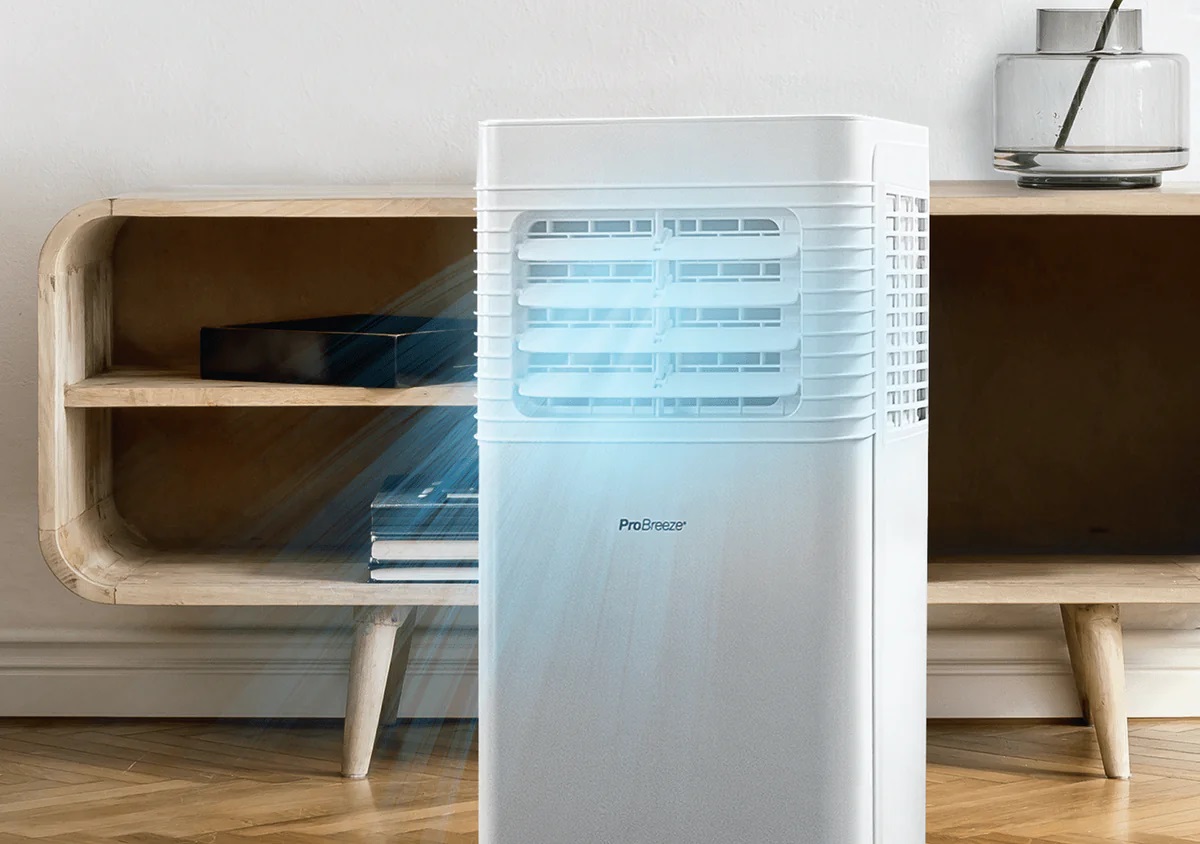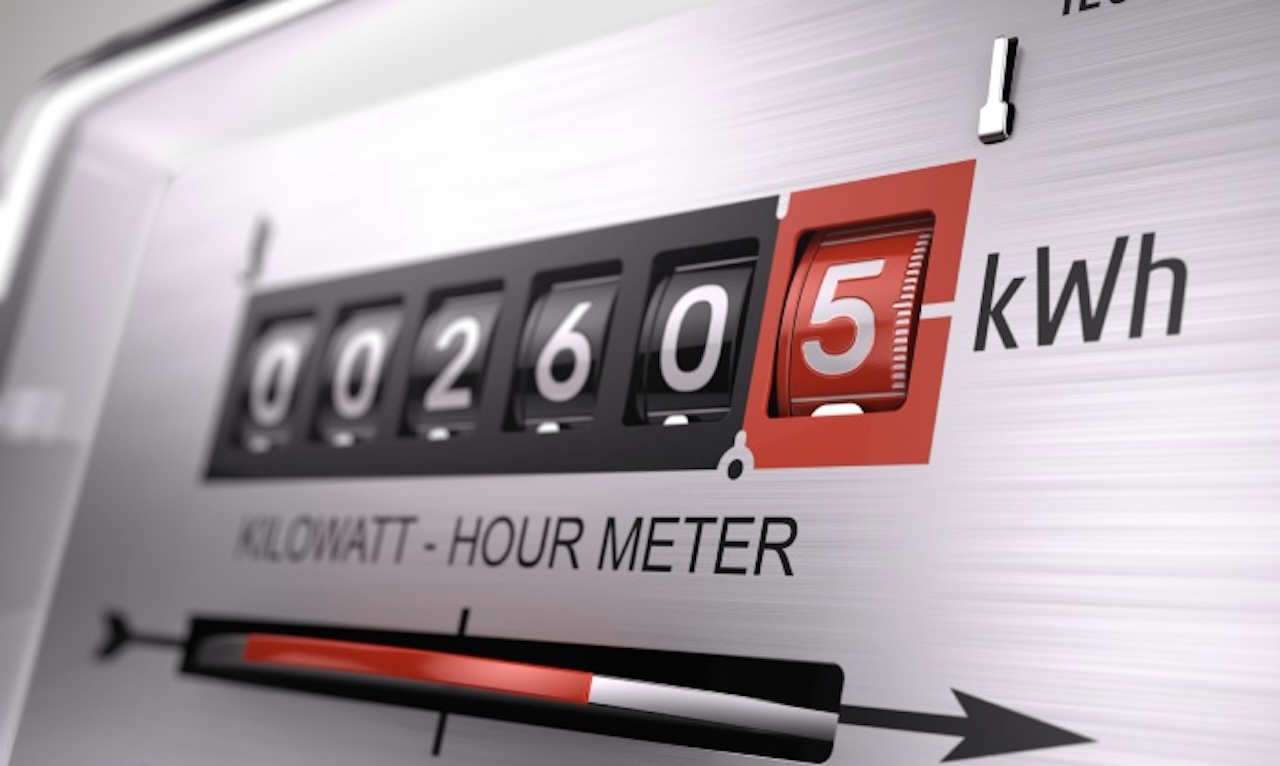Home>Home Maintenance>How Many Watts Does A 12,000 Btu Air Conditioner Use
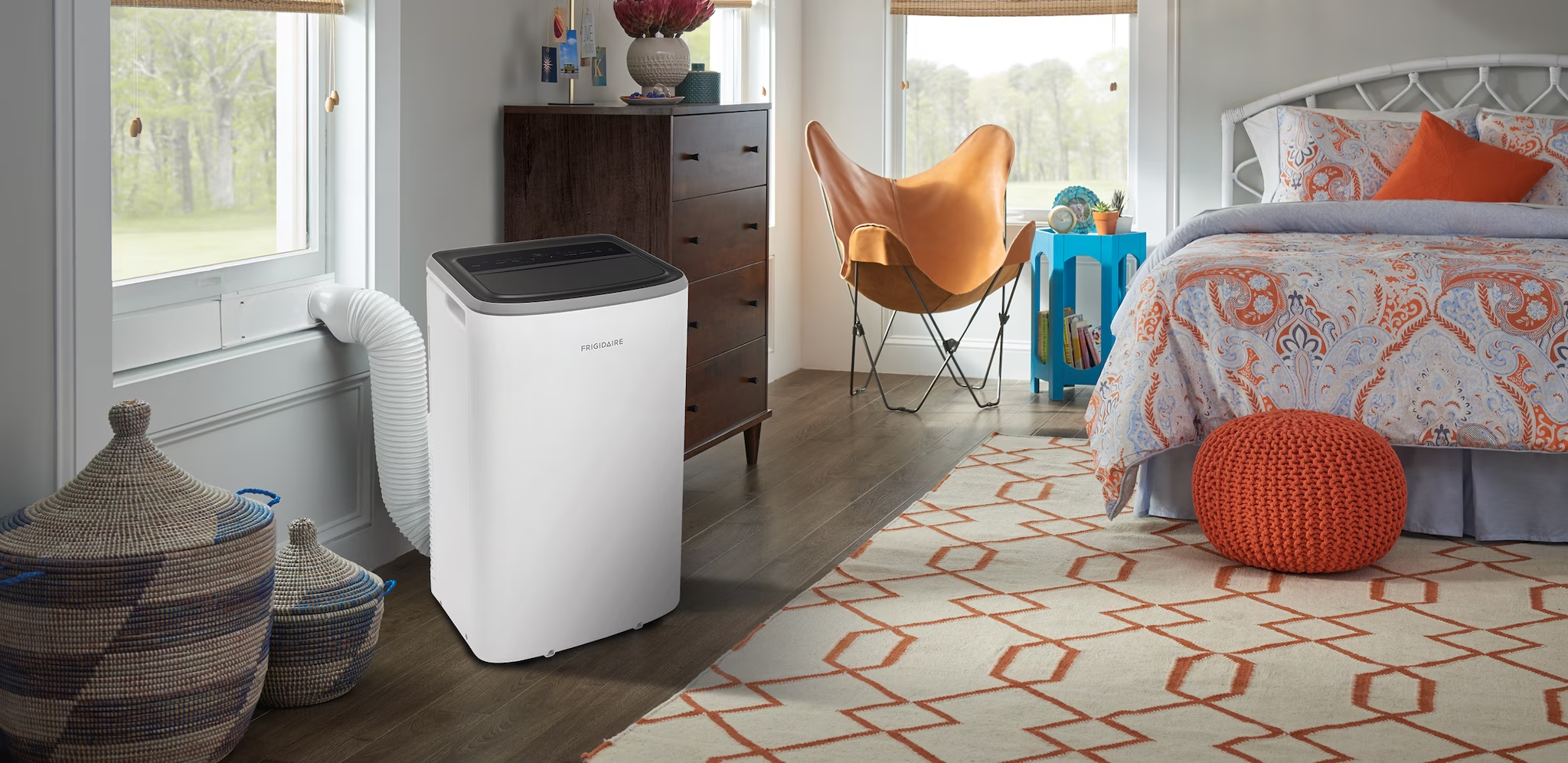

Home Maintenance
How Many Watts Does A 12,000 Btu Air Conditioner Use
Modified: May 6, 2024
Looking to calculate the power consumption of a 12,000 BTU air conditioner? Discover the wattage of this HVAC system for efficient home maintenance.
(Many of the links in this article redirect to a specific reviewed product. Your purchase of these products through affiliate links helps to generate commission for Storables.com, at no extra cost. Learn more)
Introduction
Welcome to our comprehensive guide on the power consumption of a 12,000 BTU air conditioner. If you’re looking for information on how many watts this popular cooling device uses, you’ve come to the right place. Whether you’re considering purchasing a 12,000 BTU air conditioner or you already have one installed in your home, understanding its power consumption is important for both budgeting and energy conservation.
Before we dive into the specifics of wattage, let’s briefly explain what BTUs are and how they relate to air conditioning. BTU stands for British Thermal Unit, which is a unit of measurement for energy. In the context of air conditioning, BTUs quantify the cooling capacity of an air conditioner. The higher the BTU rating, the more cooling power the air conditioner has.
Additionally, it’s essential to understand the Energy Efficiency Ratio (EER) when discussing the power consumption of air conditioners. The EER represents the cooling output of an air conditioner in BTUs divided by the electrical input in watts. Essentially, it indicates how energy-efficient the air conditioner is – a higher EER means the unit uses less energy to provide the same level of cooling.
Now, let’s explore how many watts a 12,000 BTU air conditioner typically uses and the factors that can impact its power consumption.
Key Takeaways:
- A 12,000 BTU air conditioner typically uses 1,200 to 1,500 watts of electricity per hour, but factors like energy efficiency, thermostat settings, and room size can affect its power consumption.
- Energy-saving tips, such as setting the temperature wisely, using fans, and maintaining the air conditioner, can help optimize power usage and reduce energy bills while keeping your home comfortable.
Understanding BTUs and Their Relationship to Air Conditioning
BTUs, or British Thermal Units, are a standard unit of measurement used in the heating, ventilation, and air conditioning (HVAC) industry to quantify the cooling capacity of an air conditioner. In simple terms, BTUs indicate how much heat an air conditioner can remove from a room within a certain period of time.
When it comes to air conditioning, the size or capacity of the unit is typically measured in BTUs. A higher BTU rating means a larger cooling capacity, allowing the air conditioner to cool a larger space effectively. Conversely, a lower BTU rating indicates a smaller unit, suitable for smaller rooms or enclosed areas.
For example, a 12,000 BTU air conditioner is capable of cooling approximately 450 to 550 square feet of space, making it ideal for bedrooms, small living rooms, or offices. However, it’s important to note that the actual cooling area can vary based on factors like insulation, ceiling height, and heat sources within the room.
The relationship between BTUs and air conditioning is crucial because choosing the right BTU rating for your space is essential. An undersized unit may struggle to adequately cool the room, leading to inefficiency and discomfort. On the other hand, an oversized unit may cool the room too quickly, resulting in frequent on-off cycles and potential energy wastage.
In addition to considering the size of the space, it’s also important to consider factors such as the number of occupants, the amount of sunlight entering the room, and the presence of heat-generating appliances. These factors can influence the cooling load and determine the appropriate BTU rating for your air conditioner.
Now that we have a better understanding of BTUs and their relationship to air conditioning, let’s explore how the power consumption of a 12,000 BTU air conditioner is determined.
Determining the Energy Efficiency Ratio (EER)
The Energy Efficiency Ratio (EER) is a measurement that indicates how efficiently an air conditioner can convert electrical energy into cooling power. It is calculated by dividing the cooling output of the air conditioner in BTUs by the electrical input in watts.
The EER is an important metric to consider when evaluating the energy efficiency of an air conditioner. A higher EER means that the air conditioner can provide the same level of cooling while using less electrical power, resulting in lower energy consumption and potentially saving you money on your electricity bills.
To determine the EER for a 12,000 BTU air conditioner, you would divide its cooling output (12,000 BTUs) by its electrical input (measured in watts). The resulting ratio will give you the EER value for that particular model.
Typically, more energy-efficient air conditioners will have a higher EER rating. In recent years, advancements in technology have led to the development of air conditioners with higher EERs, allowing for greater energy savings without compromising on cooling performance.
When shopping for a 12,000 BTU air conditioner, it’s a good idea to compare the EER ratings of different models. Look for units with higher EERs, as they will consume less electricity and help minimize the environmental impact of your cooling needs.
While a higher EER is generally desirable, it’s important to keep in mind that other factors can influence the overall energy efficiency of an air conditioner. These factors include the insulation of your home, the size and layout of the space being cooled, and how well the air conditioner is maintained.
Now that we understand the significance of the Energy Efficiency Ratio, let’s delve into how many watts a 12,000 BTU air conditioner typically uses.
How Many Watts Does a 12,000 BTU Air Conditioner Typically Use?
The power consumption of a 12,000 BTU air conditioner can vary depending on several factors, including its energy efficiency, the specific model, and how it is used. However, on average, a 12,000 BTU air conditioner typically uses around 1,200 to 1,500 watts of electricity per hour.
It’s important to note that this wattage is an estimate and can differ depending on the specific circumstances. For example, newer and more energy-efficient models may use slightly fewer watts, while older or less efficient units may use slightly more.
In addition, it’s essential to consider the operational mode of the air conditioner. For example, air conditioners in cooling mode tend to consume more power compared to those in fan-only or energy-saving modes. The thermostat settings, outdoor temperature, and indoor humidity levels can also impact the power consumption of the air conditioner.
Furthermore, air conditioners with additional features like built-in heaters, dehumidifiers, or air purifiers may require more energy to operate these supplementary functions. It’s important to be aware of these variations when considering the power consumption of a 12,000 BTU air conditioner.
If you’re concerned about the energy usage of your air conditioner, it’s worth looking for models that are Energy Star certified. These units meet specific energy-efficient standards set by the U.S. Environmental Protection Agency (EPA) and can help reduce your energy consumption and utility costs.
Remember, the wattage of a 12,000 BTU air conditioner represents its power draw when running at full capacity. However, most air conditioners have variable speed compressors that regulate power consumption based on the cooling demand. This means that the actual power usage can fluctuate depending on the temperature settings and the size of the space being cooled.
By understanding the typical wattage range of a 12,000 BTU air conditioner, you can better estimate its energy usage and make informed decisions about your cooling needs and energy conservation efforts.
A 12,000 BTU air conditioner typically uses around 1,000 watts of electricity. To find the exact wattage, divide the BTUs by the EER (energy efficiency ratio) of the unit.
Factors Affecting the Power Consumption of a 12,000 BTU Air Conditioner
The power consumption of a 12,000 BTU air conditioner can be influenced by several factors, which can vary from one situation to another. Understanding these factors can help you optimize the efficiency of your air conditioner and manage your energy usage more effectively. Below are some key factors that can affect the power consumption of a 12,000 BTU air conditioner:
- Temperature Settings: The temperature at which you set your air conditioner can greatly impact its power consumption. Lowering the temperature setting will require the air conditioner to work harder and consume more energy to cool the space. Consider setting your thermostat to a comfortable yet energy-efficient temperature to reduce power consumption.
- Insulation and Air Leakage: The insulation of your home plays a significant role in how efficiently your air conditioner operates. Proper insulation helps prevent cool air from escaping and hot air from entering the room, reducing the workload on the air conditioner. Conversely, poor insulation can lead to air leakage, forcing the air conditioner to work harder and consume more energy to maintain the desired temperature.
- Room Size: The size of the room being cooled by the 12,000 BTU air conditioner can affect its power consumption. If the air conditioner is too large for the space, it may cycle on and off frequently, resulting in higher energy usage. Conversely, if the air conditioner is undersized for the room, it may struggle to cool the space efficiently, leading to longer running times and increased energy consumption.
- Placement of the Air Conditioner: The location of the air conditioner can impact its power consumption. Placing the unit near sources of heat, such as direct sunlight or heat-producing appliances, can cause it to work harder and consume more energy to maintain a comfortable temperature. Ensure that the air conditioner is installed in a shaded area away from heat sources for optimal efficiency.
- Regular Maintenance: Proper maintenance of your air conditioner is essential to ensure optimal performance and energy efficiency. Regularly cleaning or replacing the air filters, keeping the coils free from dirt and debris, and scheduling professional maintenance checks can help maintain the unit’s efficiency and prevent unnecessary power consumption.
By considering these factors and implementing energy-saving practices, you can effectively manage the power consumption of your 12,000 BTU air conditioner and reduce your energy costs while staying comfortable.
Energy-Saving Tips for Running a 12,000 BTU Air Conditioner
Running a 12,000 BTU air conditioner efficiently not only helps reduce your energy consumption but also contributes to environmental sustainability. Here are some energy-saving tips to minimize the power usage of your air conditioner:
- Set the Temperature Wisely: Set your air conditioner to a temperature that is comfortable but not excessively cold. Every degree higher on the thermostat can save a significant amount of energy. Consider using a programmable thermostat to adjust the temperature automatically based on your daily routine.
- Utilize Energy-Saving Mode: Many 12,000 BTU air conditioners come with an energy-saving or eco mode. Activate this mode to optimize energy efficiency. Energy-saving mode adjusts the cooling output and fan speed to maintain a comfortable temperature while using less power.
- Properly Insulate the Room: Ensure that the room where the air conditioner is installed is properly insulated. Good insulation helps retain cool air and prevents hot air from entering the room, allowing the air conditioner to work more efficiently and consume less power. Seal any gaps or cracks and consider using thermal curtains or blinds to minimize heat transfer.
- Utilize Natural Ventilation: Take advantage of cooler evening or early morning temperatures by turning off your air conditioner and opening windows to allow natural airflow. This can help reduce the runtime of your air conditioner and give it a break, saving energy in the process.
- Use Fans to Supplement Cooling: Use ceiling fans or portable fans in conjunction with your air conditioner. Fans create a wind-chill effect, making you feel cooler and allowing you to set the air conditioner to a slightly higher temperature while still feeling comfortable. Using fans can help reduce the workload of the air conditioner and lower energy consumption.
- Maintain Your Air Conditioner: Regularly clean or replace the air filters of your air conditioner. Clogged or dirty filters restrict airflow, making the unit work harder and consume more energy. Additionally, schedule professional maintenance to ensure the air conditioner’s coils and fins are cleaned and in good condition, which improves its efficiency and reduces power consumption.
- Consider Timers or Smart Controls: Use timers or smart controls to schedule the operation of your air conditioner. Set it to turn off when you’re away or during the cooler parts of the day. This prevents unnecessary cooling and saves energy.
- Shade the Exterior Unit: If possible, provide shade to the exterior unit of your air conditioner. Direct sunlight can increase the workload of the unit, causing it to consume more energy. Planting trees or installing a shading device can help reduce the heat load and improve the efficiency of your air conditioner.
By implementing these energy-saving tips, you can optimize the power consumption of your 12,000 BTU air conditioner, reduce your energy bills, and contribute to a more sustainable environment.
Conclusion
Understanding the power consumption of a 12,000 BTU air conditioner is essential for managing energy usage and optimizing efficiency. By knowing the typical wattage range and the factors that can affect power consumption, you can make informed decisions to reduce energy costs and minimize your environmental impact.
Remember that the specific wattage of a 12,000 BTU air conditioner can vary based on factors such as the energy efficiency of the unit, the temperature settings, insulation, and the size of the room being cooled. It’s important to choose an air conditioner with a high Energy Efficiency Ratio (EER) and consider other energy-saving features and certifications like Energy Star.
In addition to selecting an energy-efficient air conditioner, implementing energy-saving practices can further reduce power consumption. Setting the temperature wisely, utilizing energy-saving modes, properly insulating the room, and using fans or natural ventilation are all effective ways to optimize energy usage and maximize comfort.
Regular maintenance of your air conditioner, such as cleaning or replacing air filters and scheduling professional checks, can also contribute to its efficiency. Proper care ensures that the unit is operating at its best and prevents unnecessary power consumption caused by clogged filters or dirty coils.
By following these energy-saving tips and being mindful of power consumption, you can not only save money on your energy bills but also reduce your carbon footprint. Every effort towards efficient cooling contributes to a more sustainable future for both your home and the planet.
So, whether you’re in the market for a 12,000 BTU air conditioner or already have one installed, make use of this comprehensive guide to manage your air conditioner’s power consumption effectively and enjoy a comfortable, energy-efficient home.
Curious about the bigger picture behind your air conditioning unit? Dive into our detailed article on HVAC Systems to grasp how these complex systems function to keep homes comfortable all year round. Understanding these mechanisms will shed new light on ways to optimize your home environment efficiently, connecting you with more savvy energy use and maintenance strategies.
Frequently Asked Questions about How Many Watts Does A 12,000 Btu Air Conditioner Use
Was this page helpful?
At Storables.com, we guarantee accurate and reliable information. Our content, validated by Expert Board Contributors, is crafted following stringent Editorial Policies. We're committed to providing you with well-researched, expert-backed insights for all your informational needs.
